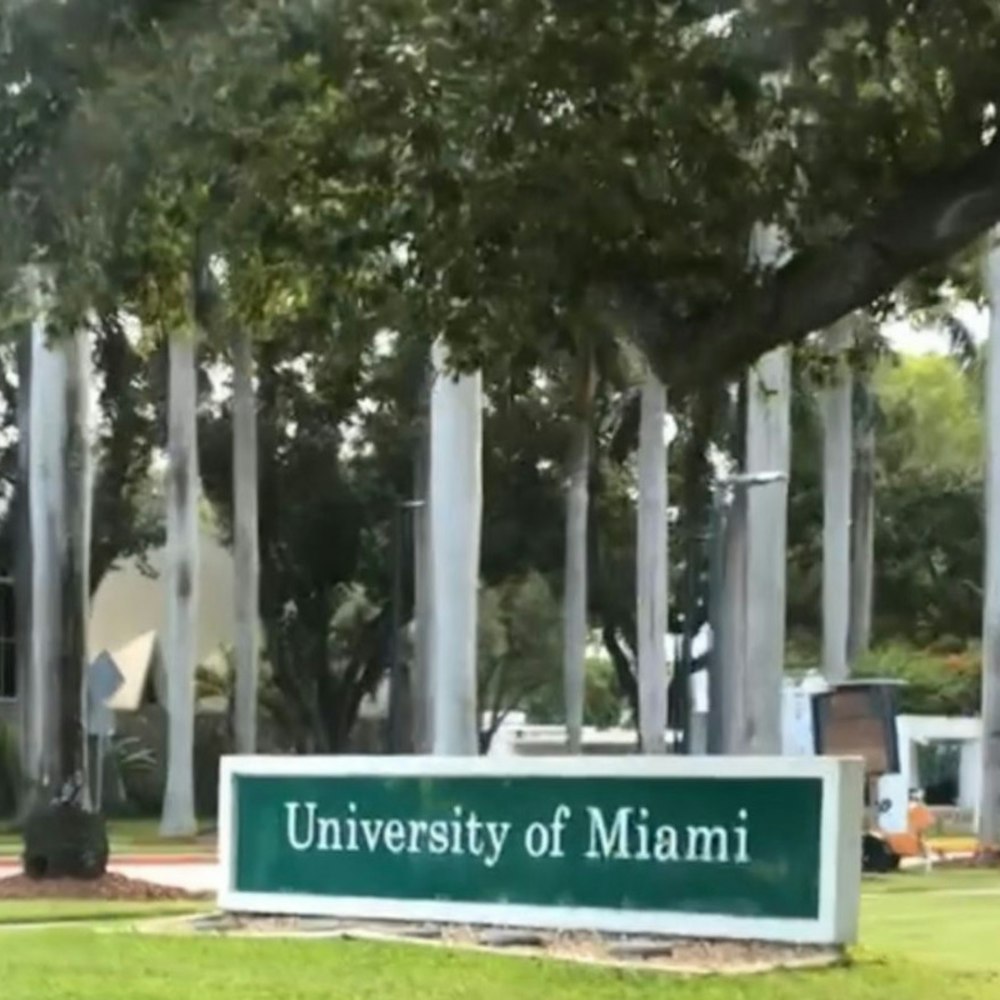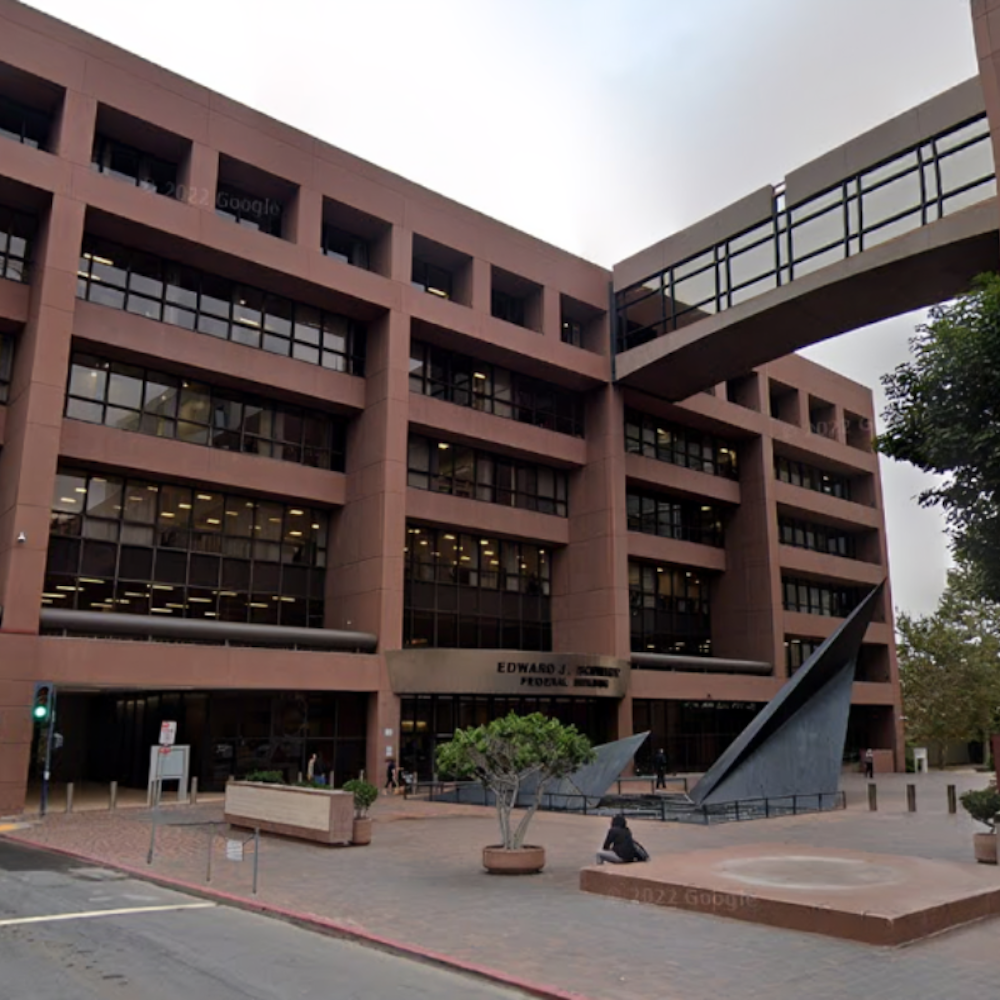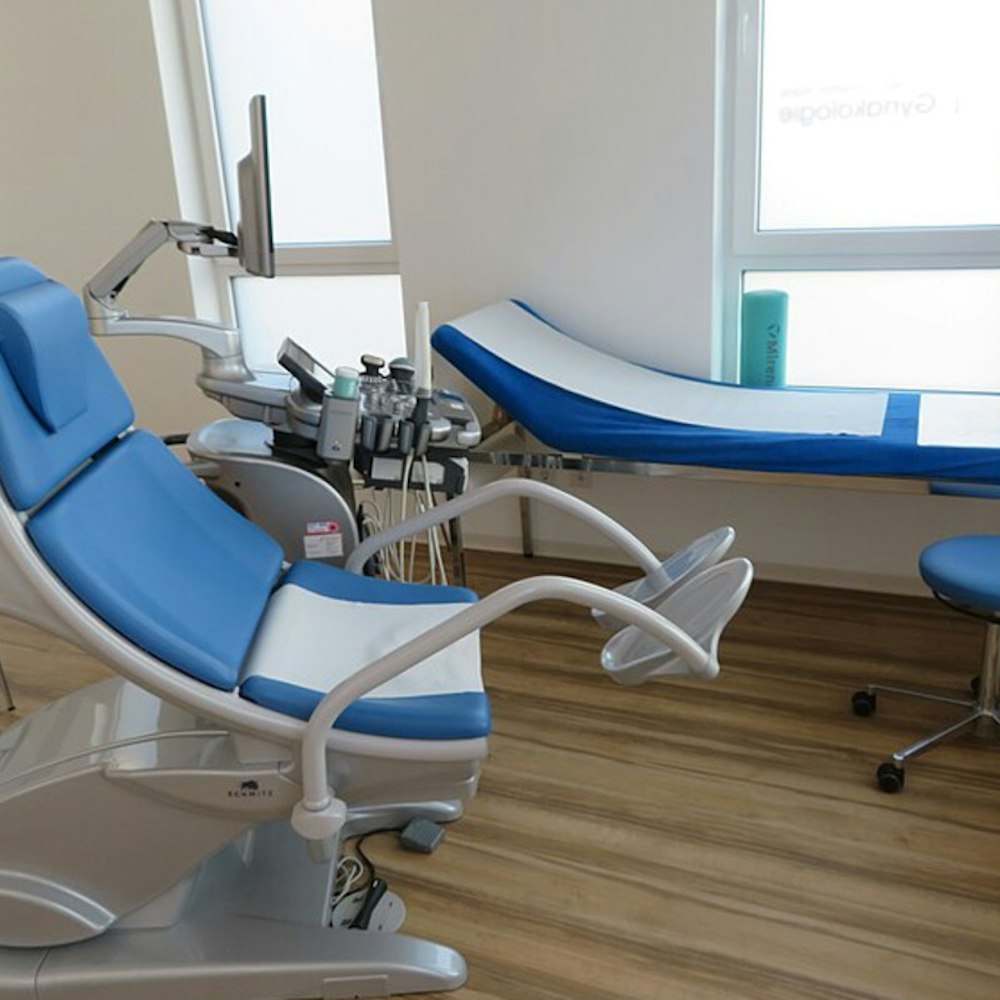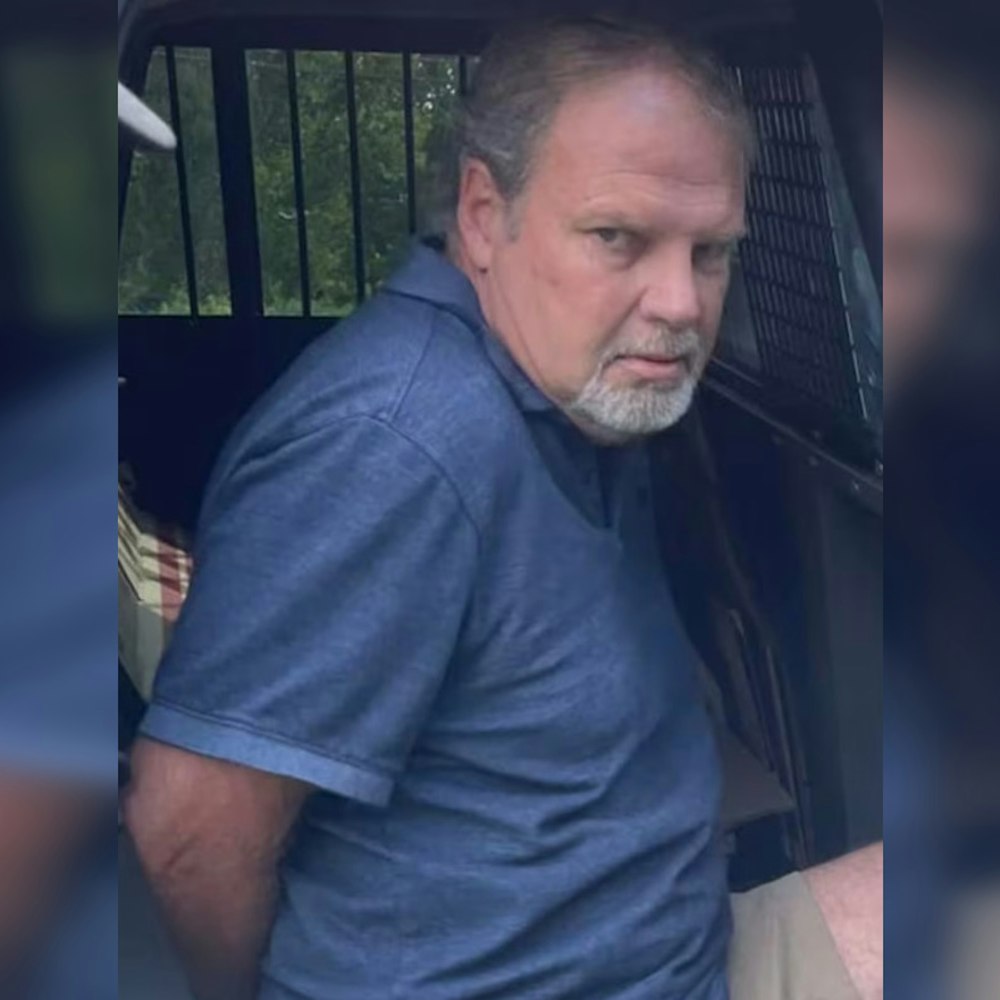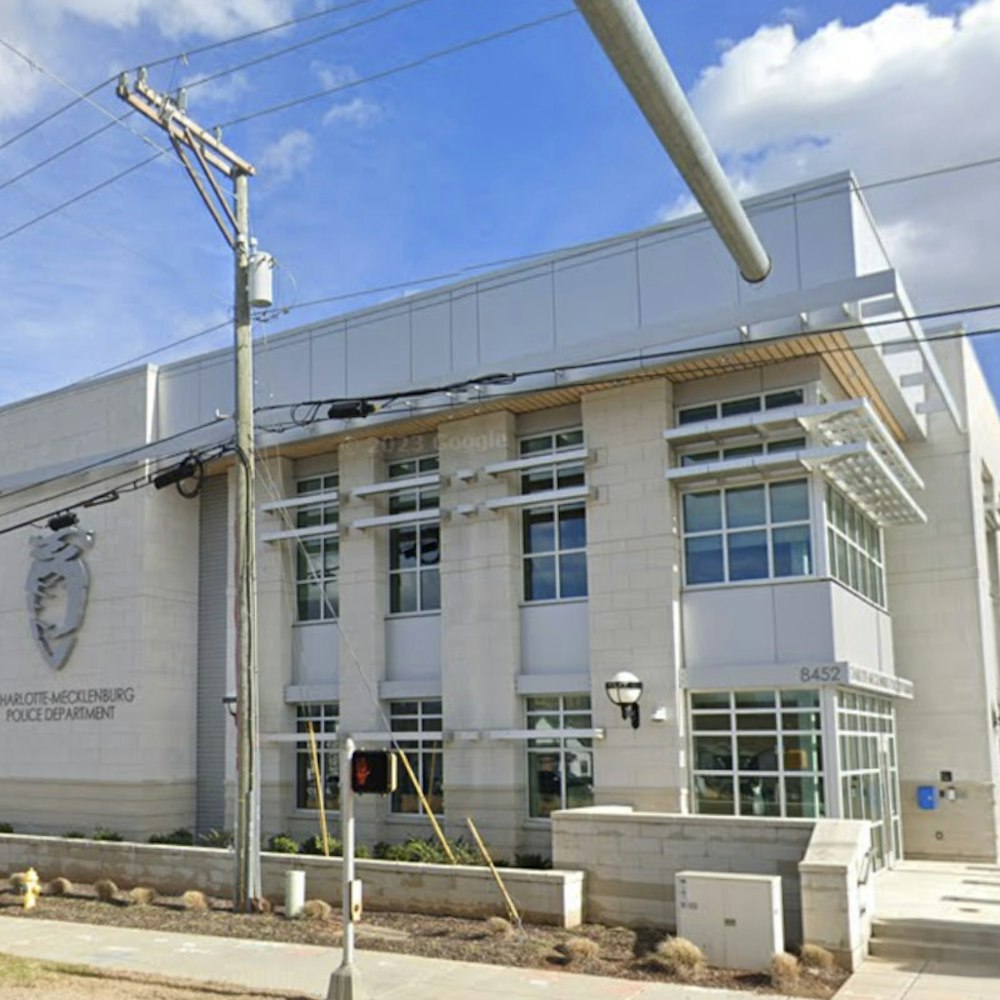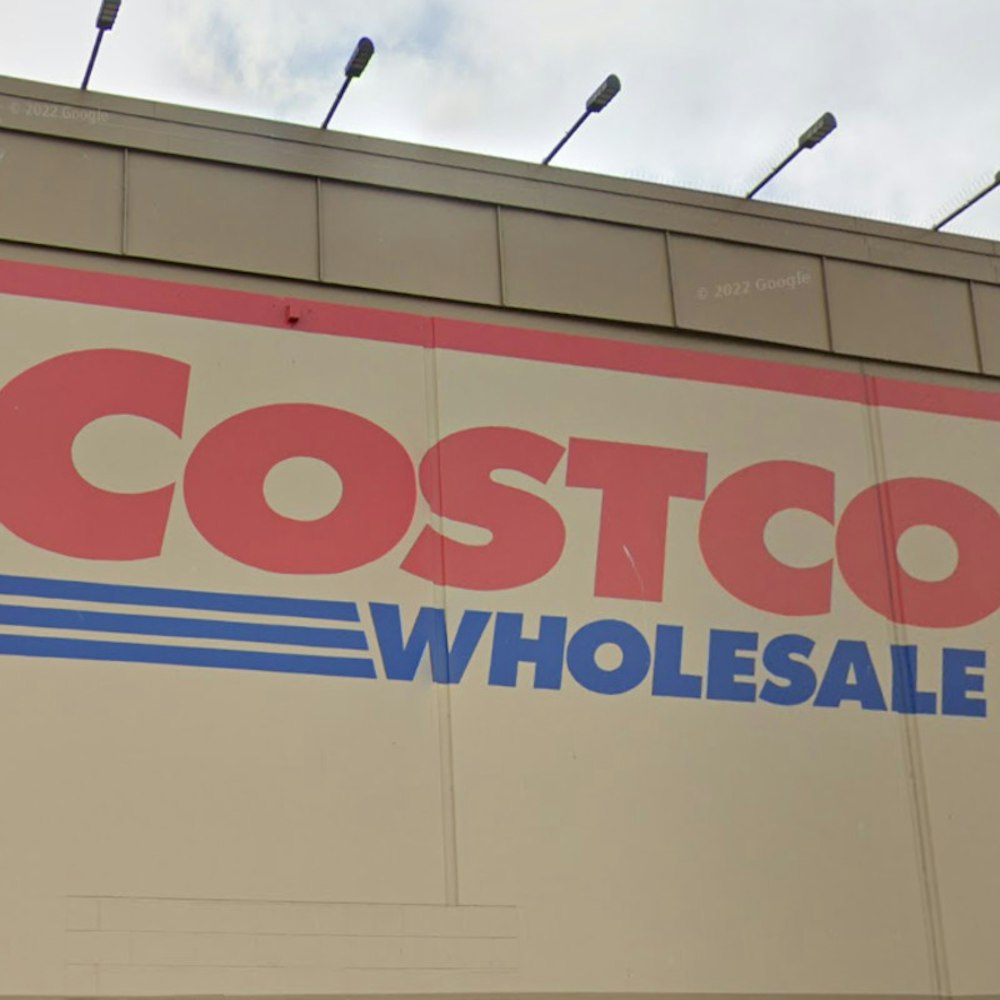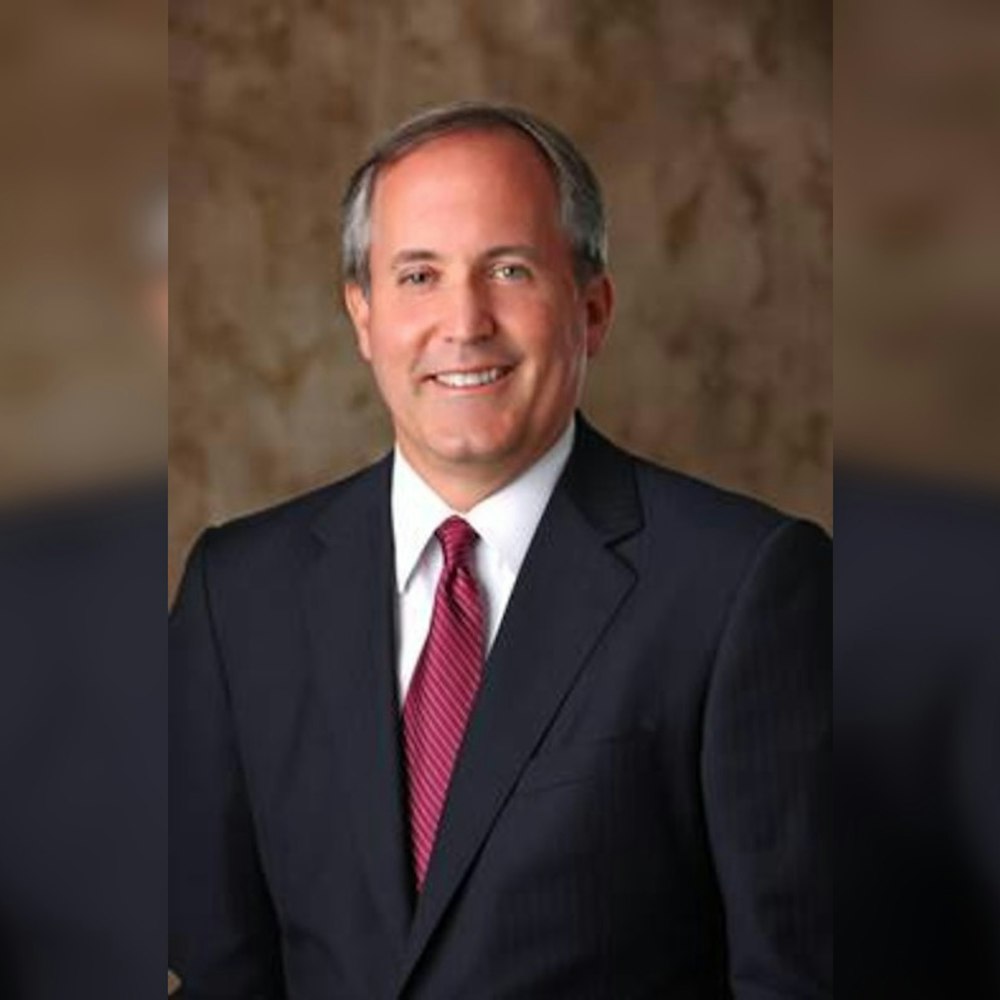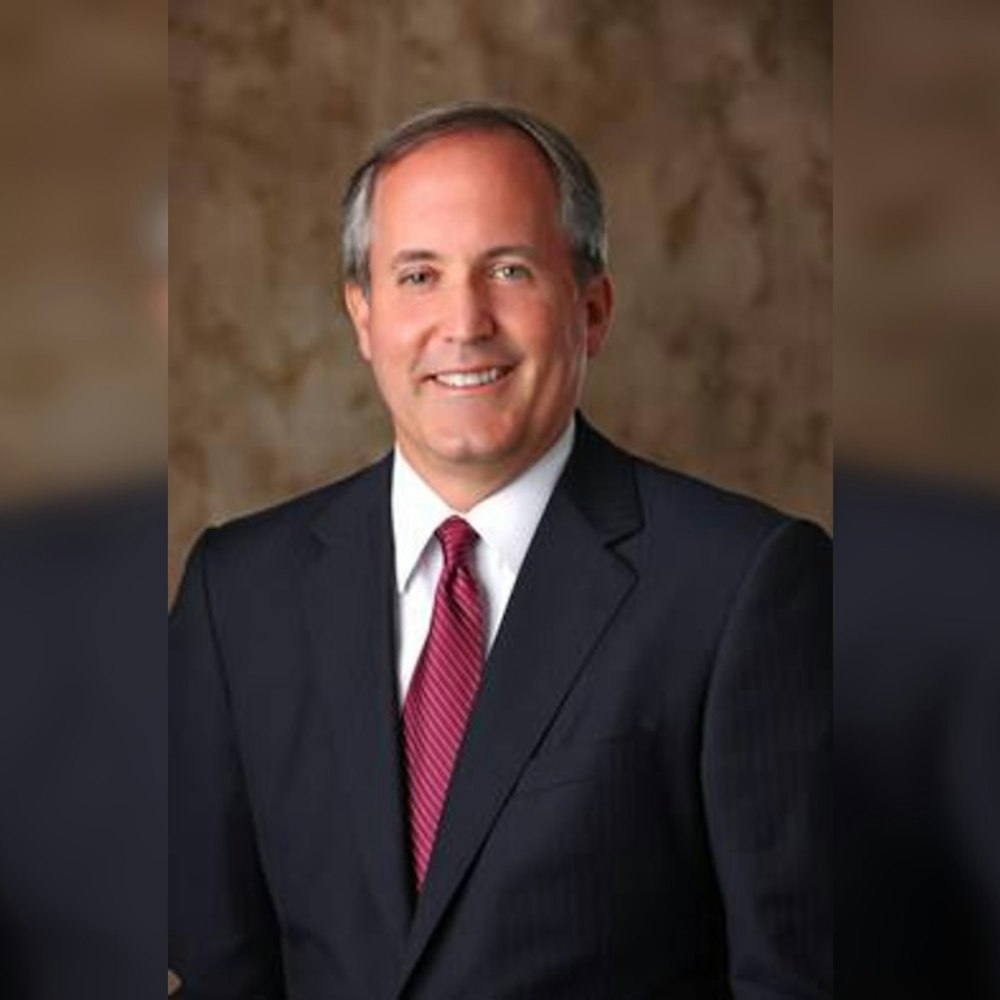
Philadelphia City Council, along with Mayor Cherelle Parker's office, has reached a tentative deal on the city's Fiscal Year 2025 Operating and Capital Budgets. According to the PHL Council, the numbers are hefty, with the Operating Budget totaling $6.37 billion and the Capital Budget at $5.46 billion—both earmarked for advancing equitable outcomes and maintaining fiscal health for the City of Brotherly Love. Council President Kenyatta Johnson underscored the significance of these budgets in fostering critical programs and services.
The Fiscal Year 2025 Operating Budget fortifies Mayor Parker's main focuses, namely bolstering law enforcement, supporting commercial corridor clean-ups, and importantly, placating Philadelphians with a no-tax-increase initiative. The budget process included six weeks of testimonies and numerous public hearings and town hall meetings, crystallizing public opinion into the financial blueprint for the next fiscal year, which begins on July 1, following final approvals expected in the upcoming June 13 Council session.
Finalizing this year's budget wasn't without its wins for the citizens, as Council members managed to secure additions including $4.8 million more towards violence prevention grants, raising the Homestead Exemption to $100,000 for lower property taxes, and a new tax freeze for low-income homeowners. This $29 million pile for violence prevention and tax reliefs aimed at easing the financial strain on the city's most vulnerable is a testament to the Council's commitment to serve those at the financial margins of the Philadelphia story.
Other highlights of the budget, as outlined by PHL Council, include an additional $19 million for rental assistance bringing the total investment to $34 million, $5 million to combat gentrification through the Philadelphia Energy Authority’s Built to Last program, and an $8.5 million allocation for tree canopies across the city, the latter being a nod to the environmental concerns echoing through the urban sprawl, while initiatives like the redevelopment of U.C. Townhomes and increased funding for recreation centers and libraries aim to strengthen community cohesion by rooting development in local needs and future city growth.
Within the coming days, all eyes are fixed on Mayor Parker, who will wield the authority to approve or veto bills, including those focused on housing reform and hate crime expansion. These bills reflect the voices of Philadelphians crying out for more equitable housing and for protections that recognize the manifold textures of love and identity that weave together in this storied metropolis.
Meanwhile, the city gears up to host its first public hearing of the Philadelphia Tax Reform Commission on June 17, where public input will be factored into how the tax code can better foster equitable growth. The Commission's public hearing represents a critical juncture where ordinary citizens can help steer the city's economic sails towards a future of inclusive prosperity.
Capping off the week, City Councilmember Rue Landau announced during a press conference her Pride Package Legislation affirming support for the LGBTQ+ community during Pride Month, a time of both celebration and reflection. The legislation stands as a bulwark against the recent uptick in efforts to undermine transgender rights; moreover, it gestures towards a collective striving for a more inclusive city—one that dares to claim pride not just in identity but in action.
-1.webp?w=1000&h=1000&fit=crop&crop:edges)
